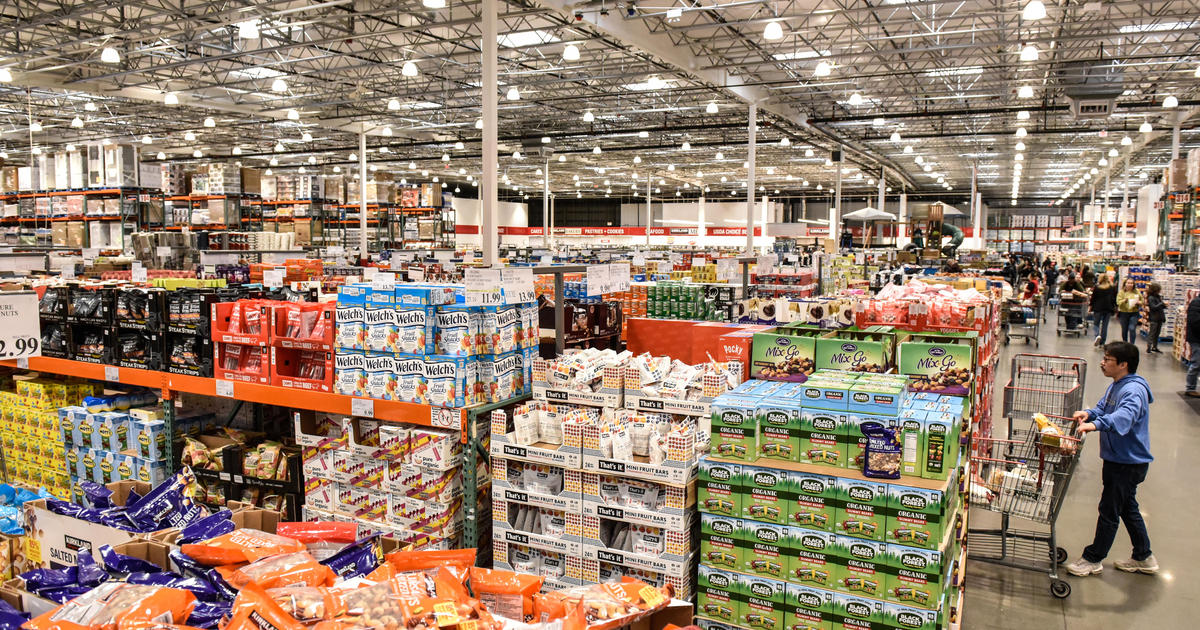Green Is Key To Michigan Export Growth
Green technologies are increasingly considered the driver of boosting the American economy's exports -- and in so doing, creating millions of good-paying new jobs and cutting the U.S. trade deficit.
That's why 500 people are gathering at the Renaissance Center in Detroit this week for the International District Export Council Conference.
There are more than 50 District Export Councils scattered across American metropolitan areas, established by the U.S. Commerce Department. Their leadership, a blend of public sector and private enterprise talent interested in boosting exports, is meeting to share best practices. The event's theme is "Capitalizing on America's Export Advantages: Green and Innovation."
The first full day of the conference Monday kicked off with a welcome from U.S. Sen. Debbie Stabenow (D-Mich.), followed by a presentation from Emilia Istrate, senior research analyst at the Brookings Institution, on "Export Nation."
She said that unforutnately, exporting remains an "unnatural act" for American business, with fewer than 2 percent exporting at all and fewer than 1 percent exporting to more than one country.
But she said America exports billions every year in products like aircraft, pharmaceuticals, and surgical instruments, and is the world's largest exporter of services in the world -- actually running a services trade surplus of more than $200 billion a year.
Innovation, she said, is a key to exports, She said Brookings recommends creating a National Innovation Foundation to cooridnate widely dispersed economic innovation efforts around the government, and a National Infrastructure Bank to fund projects of national significance. Brookings also recommends a coordinated federal agency for federal, state and local export promotion efforts.
Speaker Miranda Ballentine, director of sustainability at Wal-Mart, talked about how the retailer's sustainability efforts have cut costs for the retail giant. She said green is a natural for a company whose motto is "save money, live better."
Wal-Mart's stretch environmental goals, announced in 2005, are to use 100 percent renewable energy in all operations; to generate zero waste; and to sell only products that sustain the environment.
She said Wal-Mart is making measurable progress toward those goals, which have been separated into 48 specific objectives. It's cut energy use in stores 25 to 30 percent, reduced plastic shopping bag waste 33 percent, and boosted the energy efficiency of the flat panel TVs it sells 30 percent. It's also moving to LED lighting in its parking lots.
A Michigan story of green export growth came from Fred Keller, CEO of Grand Rapids-based Cascade Engineering, which has grown and diversified from a plastic parts supplier to the automotive and furniture industries to a global provider of a wide variety of engineered products, including wind turbines, solar energy equipment and high-tech water filters.
Keller said he created Cascade "with the idea that there could be a better way to run a business, to run it for people, not just for the bottom line."
Keller said he learned that he could run a company that way, and that a good bottom line would follow. He started in the mid-90s with a program to find careers, not just work, for welfare recipients, which he said led to a company effort to heal the scars of racism.
"We've tried to become an anti-racism organization, and we found out that made us a more attractive employer to all races," he said. "It certainly works."
In the late '90s and early '00s, the company got into susutainability, which Kellere called "not just a nice goal, not something to feel good about, but something that's essential, something that as a society we absolutely must do."
Keller said innovation is the driver of manufacturing success -- and concentrating on sustainability forces and drives innovation. Thus, concentrating on sustainability makes for better American manufacturers who are more able to compete globally and export around the world.
Keller said that despite the economy, Cascade's sales rose 19 percent last year -- and its exports rose even faster, more than 20 percent. They now comprise 19 percent of Cascade sales.
He said America must face the reality that its businesses aren't just competing with global companies -- but with state-owned organizations collaborating with governments to seek monopolies in markets. And America must respond in kind, creating a national manufacturing plan, using better trade enforcement along with innovation to "dramatically increase exports," while dramatically cutting imports -- especially foreign oil. America's other goal has to be increasing its educational attainment, Keller said.
At Cascade, "sustainability is now part of the company's core mission, and it's really good for business," Keller said. The company has reduced its spending on trash disposal from $286,000 in 2002 to just $8,000 last year. It even composts its food waste. And the company is dramatically reducing its dependence on oil by moving into solar and wind energy.
Cascade has even set up a sustainability consulting shop, Quest Sustainable Solutions, to help other companies and local government units how to operate more sustainably.
The International District Export Council convention continues through Wednesday.
More at http://www.decconference.com/.
According to the latest U.S. Census Bureau statistics, the value of products imported into America fell 25.9 percent to $1.56 trillion for 2009 from $2.1 trillion in 2008.
Unfortunately, total exports from the U.S. also slipped in 2009, down 17.9 percent to $1.06 trillion from $1.29 trillion in the prior year.
(c) 2010, WWJ Newsradio 950. All rights reserved.



